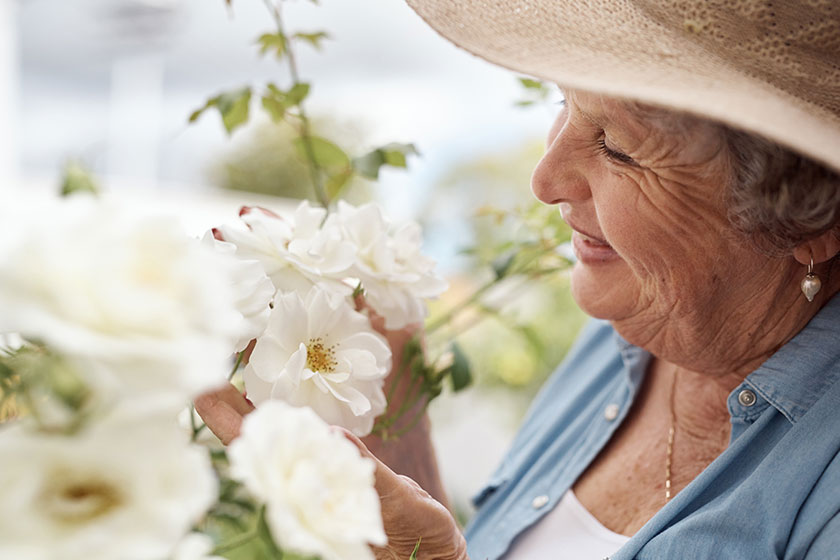It’s a topic that’s often whispered about but seldom addressed openly: why do old people smell differently? This distinct scent, sometimes referred to in a less-than-flattering manner, is actually a natural part of the aging process. Understanding the reasons behind this phenomenon can foster empathy and appreciation for the natural stages of life. Let’s delve into the science and factors contributing to the unique scent associated with older individuals, breaking down stereotypes and promoting a more compassionate perspective.
The Science of Aging and Scent
The human body undergoes numerous changes as it ages, and these changes affect everything from metabolism to skin composition. One of the key factors in the unique scent of older people is the production of various chemical compounds. Research has identified nonenal, a chemical compound that starts to appear in greater quantities around the age of 40. Nonenal is produced when the skin’s natural antioxidants decrease, leading to the oxidation of unsaturated fatty acids. This process is a natural part of aging, influenced by hormonal changes, and results in a scent that is often associated with older individuals.
Hygiene and Health Factors
It’s important to note that personal hygiene and health play significant roles in how anyone smells, regardless of age. However, older adults may face challenges that can affect their scent. Mobility issues, for example, can make regular bathing more difficult, while certain medications and health conditions can alter body odor. Furthermore, the skin of older adults is more prone to dryness, which can affect its ability to ward off bacteria, potentially leading to a stronger scent.
Diet and Lifestyle
The saying “you are what you eat” holds some truth when it comes to body odor. The diet of an individual can significantly impact their natural scent. Foods with strong odors, such as garlic, onions, and certain spices, can be excreted through the skin, altering one’s body odor. Similarly, lifestyle choices such as smoking or alcohol consumption can contribute to the overall scent of an individual, including older adults. Therefore, adjustments in diet and lifestyle can sometimes mitigate or alter the distinct scent associated with aging.
Environmental Factors
The environment in which an individual lives can also play a role in how they smell. Older adults who live in environments with poor ventilation may have clothing and personal items that retain odors more readily. Additionally, the use of certain cleaning products, personal hygiene products, and fabrics can interact with an individual’s natural scent, sometimes amplifying it.
Embracing Natural Changes
Understanding the factors that contribute to the unique scent of older individuals is crucial in promoting a more compassionate and empathetic perspective. It’s a natural part of aging, influenced by a complex interplay of biological, environmental, and lifestyle factors. Rather than stigmatizing these changes, embracing them as a natural part of life’s journey encourages a more inclusive and respectful view of aging.
In weaving together the threads of science, lifestyle, and environment that contribute to the distinctive scent of aging, we uncover a tapestry of life that is rich in experience and history. This scent is not just a marker of time but a badge of honor, symbolizing the journey, wisdom, and challenges that come with the passing years. By embracing and understanding the essence of aging, we celebrate the full spectrum of humanity in all its stages. Let us then approach the topic not with whispers of curiosity but with voices of respect, recognizing that the fragrance of age is another chapter in the vivid story of life, deserving of our admiration and reverence.







